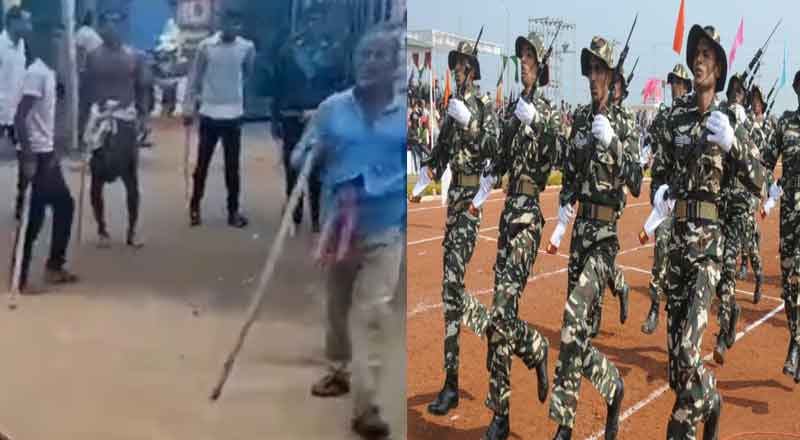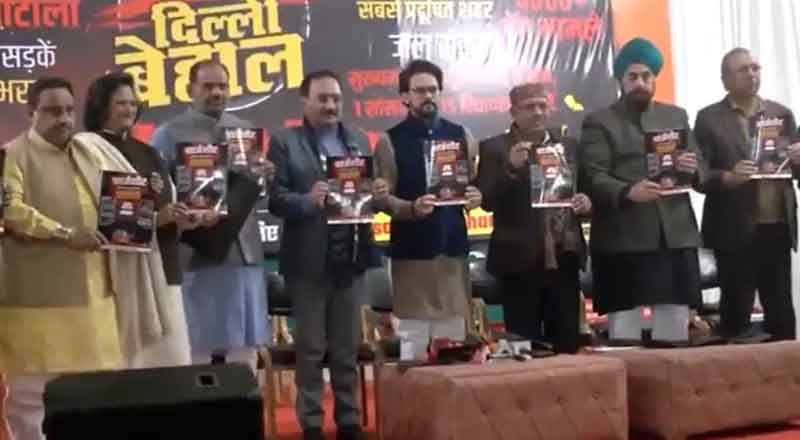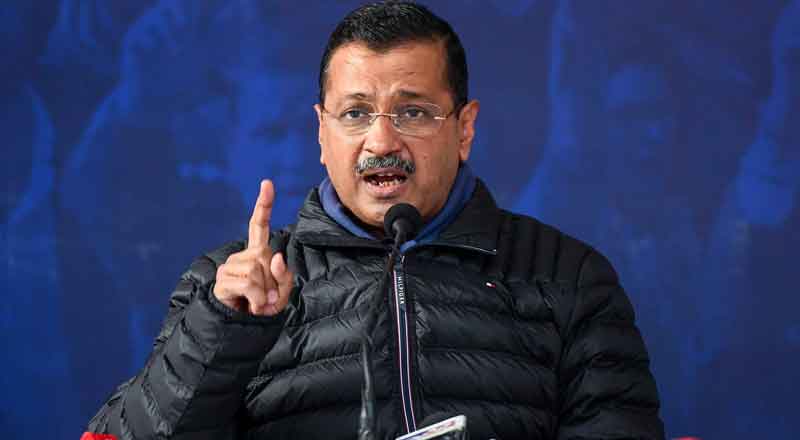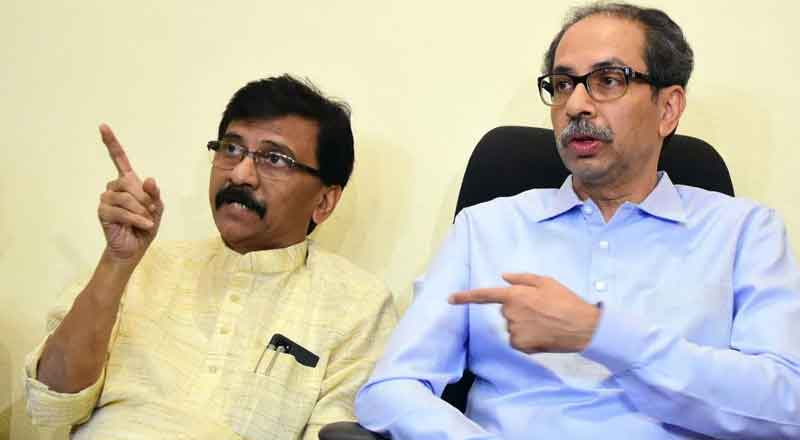- The EC has issued a significant directive in response to the intensifying political violence in Ganjam district, calling for the deployment of 2,000 central forces personnel.
- It’s been reported that the head of the electoral committee has instructed the district election officer to deploy these CAPF across various polling booths, not to treat them as reserves.
- The decision to deploy central forces comes in the wake of a disturbing incident of political violence that claimed the life of a BJP worker and left seven others injured.
- In response to this reprehensible act, political leaders across party lines have expressed their condolences and condemned the violence.
- BJP national president JP Nadda also denounced the violence, calling for accountability and justice for the victims.
- Chief Minister has extended his heartfelt condolences to the bereaved family and wished a speedy recovery to those injured in the altercation.
The Election Commission (EC) has issued a significant directive in response to the intensifying political violence in Odisha’s Ganjam district, calling for the deployment of 2,000 central forces personnel. This decision comes as a proactive measure to ensure the safety and security of voters and maintain the integrity of the electoral process in an area fraught with unrest.
Under the leadership of Chief Electoral Officer Nikunja Bihari Dhal, the EC has greenlit the deployment of 20 companies of Central Armed Forces (CAPFs) in Ganjam, where polling for one Lok Sabha constituency and seven assembly seats is slated to take place on May 20. The primary objective behind this deployment is to safeguard the sanctity of the democratic exercise and enable voters to cast their ballots without fear or intimidation.
It’s been reported that Dhal, in his capacity as the head of the electoral committee, has instructed the district election officer not to treat these CAPF units as reserve or striking forces. Instead, they are to be strategically deployed across various polling booths to ensure the smooth and peaceful conduct of the electoral process. This move underscores the EC’s commitment to upholding the principles of democracy and facilitating a fair and transparent election.
The decision to deploy central forces comes in the wake of a disturbing incident of political violence that claimed the life of a BJP worker and left seven others injured. Dilip Pahan, the deceased BJP activist, was tragically killed during a clash between BJP and ruling BJD workers in Krishna Saranpur village under Khallikote police limits. Pahan, who was engaged in putting up election campaign posters for BJP candidate Purna Chandra Sethy, fell victim to an attack allegedly carried out by BJD workers.
In response to this reprehensible act, political leaders across party lines have expressed their condolences and condemned the violence. Dharmendra Pradhan, a prominent BJP leader and Sambalpur Lok Sabha candidate, took to social media to mourn the loss of Dilip Pahan and condemn the attack on BJP workers by BJD activists. He urged election officials and law enforcement authorities to conduct a thorough investigation and ensure that the perpetrators are brought to justice swiftly.
Echoing Pradhan’s sentiments, BJP national president JP Nadda also denounced the violence, calling for accountability and justice for the victims. Odisha’s Chief Minister has extended his heartfelt condolences to the bereaved family and wished a speedy recovery to those injured in the altercation. He emphasized the government’s unwavering commitment to maintaining law and order and ensuring that such incidents are thoroughly investigated and the culprits held accountable.
In the face of these challenges, the deployment of central forces represents a proactive step by the EC to address concerns regarding the safety and security of voters and election personnel. It underscores the need for robust measures to uphold the democratic process and instill confidence among the electorate, ensuring that every citizen can exercise their right to vote freely and without coercion. As the electoral process unfolds, all stakeholders must work together to uphold the sanctity of democracy and foster an environment conducive to peaceful elections.
(With inputs from agencies)





